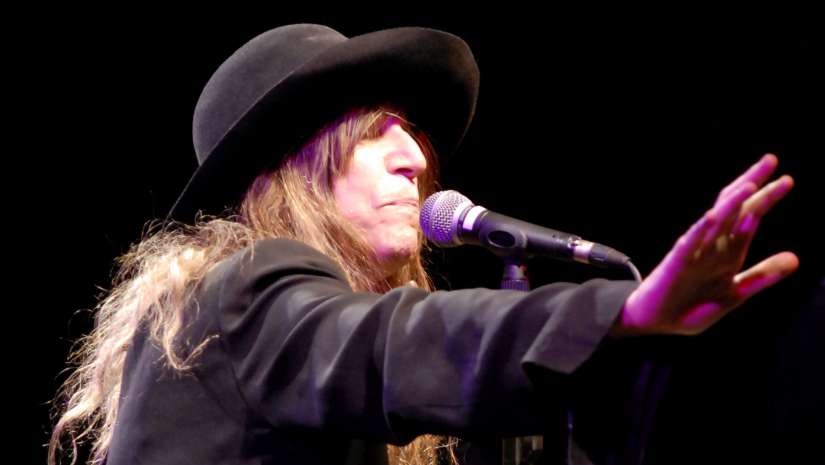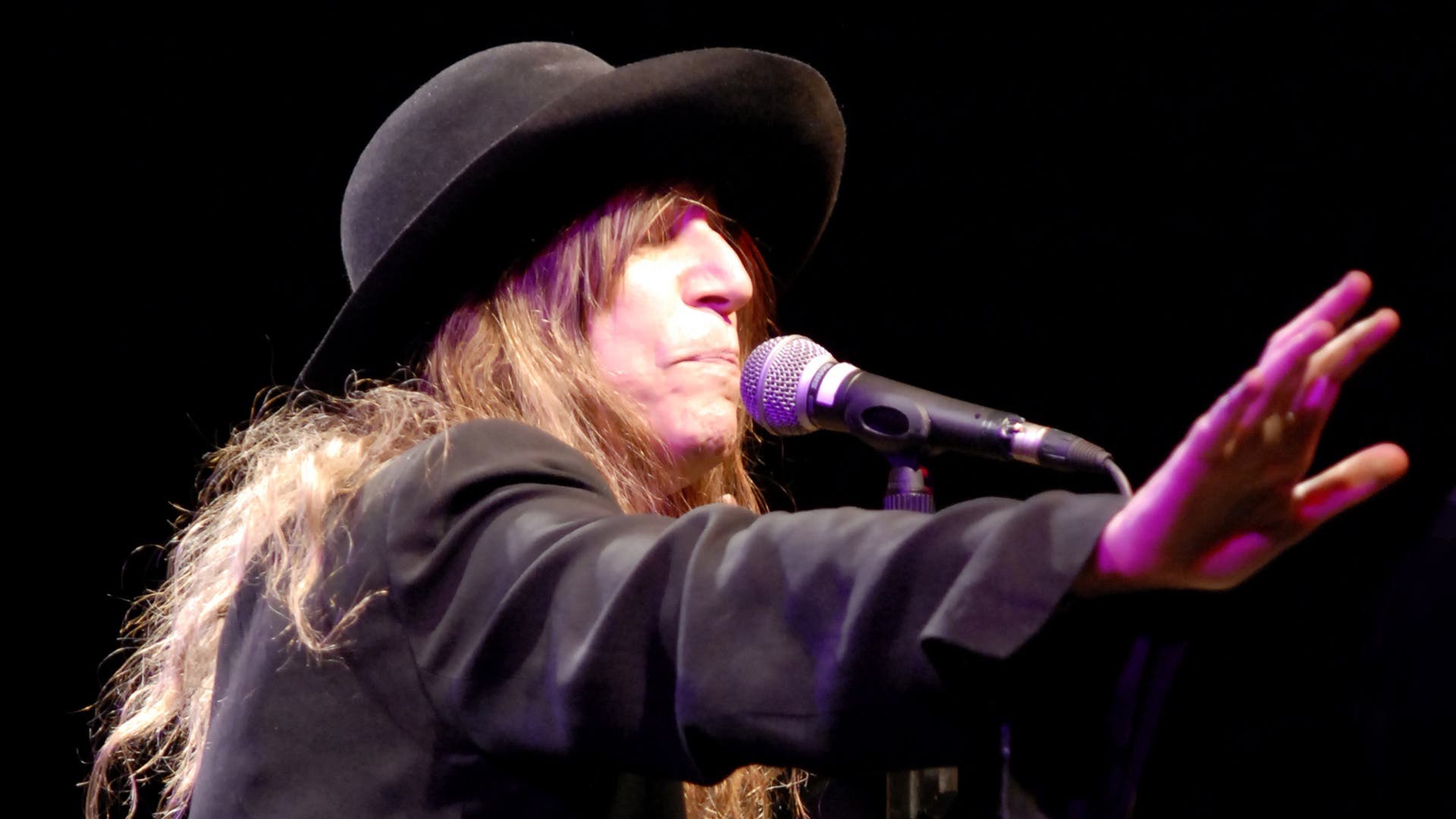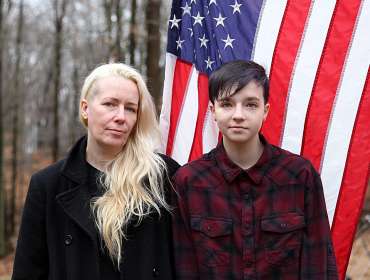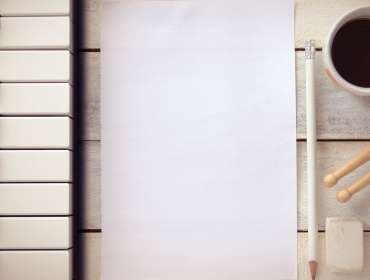Last month, organizers of the Women’s March shared their call for a “Day Without a Woman” on Instagram: “We saw what happened when millions of us stood together in January, and now we know that our army of love greatly outnumbers the army of fear, greed and hatred. On March 8th, International Women’s Day, let’s unite again.”
https://www.instagram.com/p/BREORwVF4ry/
The massive turnouts for the women’s marches in January prove the beginning of a new wave of feminist action. And this is not just in America. It’s already emerging internationally, from the women’s strike in Poland, to Latin America, Italy, South Korea, and Ireland, just to scratch the surface. And International Women’s Day is not a new celebration – the first National Woman’s Day (NWD) was observed across the United States in 1909. And just like then, today is all about unity, reflection, advocacy, and action.
So what can we listen to for preparation? Well, music preferences vary as much as each marcher is unique. And this is precisely the point.
Protest music is as old as music itself. Some like to cite the 60’s as the golden age of protest music. Its easy to name songs from the anti-Vietnam folk genre quickly, and thats fair, since the recordings are plentiful and still streaming on car radios today. And there’s also 70’s-80’s political punk music, the Smithsonian Folkways collection of protest music covering the past 100 years, songbook grown modified hymns, pride anthems where the music stays the same but the language differs, and excitable calland-response cheer chants we all are familiar with. New and noticeable in recent marches are the Instagram-ready and clickable comic approach to making signs and music. Humor has been trumping and transcending the recent landscape. Pop songs gone viral are reinvented in clever and funny ways, and standards are modified (“We Shall Overcome” becomes “We Shall Overcomb.”)
This is the month to pull out your guitars, laptops, microphones, samplers, drums, basses, or anything you use of would like to use, and make some music. There’s room for everyone to provide this form of energy and community, whether your songs are in the name of solidarity, empowerment, or full on disruption.
Here are a few examples by women:
Hazel Dickens “The Rebel Girl.” Born in 1935, the West Virginian became an established singer, guitarist, and bassist by the 1950’s. The original rebel girl.
https://youtu.be/kHcHamRVtOQ
Odetta “Odetta Sings US Protest Songs” Odetta Holmes was a civil and human rights activist as well as a singer, songwriter, and ace guitarist.
The Staple Singers “Freedom Highway.” Long before Beyonce there was Mavis Staple. Her song “Why? (Am I Treated So Bad)” was a favorite of Dr. Martin Luther King.
Nina Simone “Backlash Blues” Singer, songwriter, and classically trained pianist, Simone was probably best known for her civil rights activism and song “Missisippi Goddam.”
Patti Smith “People Have The Power.” American singer-songwriter, artist, and inimitable poet.
Chumbawamba “English Rebel Songs 1381-1984.” And you thought you only knew “Tubthumping.”
CocoRosie featuring Anohni “Smoke Em Out.” In addition to the track, they’ve shared a statement explaining that the song is intended “to inspire the weary-disappointed hearts of so many crest-fallen citizens.”
Sateen “Love Makes the World.” Miss Queen Sateen and her partner Exquisite add the statement with the song “hatred and bigotry have been given a megaphone, and that is simply not ok.”
The Julie Ruin “Ha Ha Ha (Armageddon).” Throwing my own two-cents in.
Cover Image of Patti Smith: Editorial credit: miqu77 / Shutterstock.com






